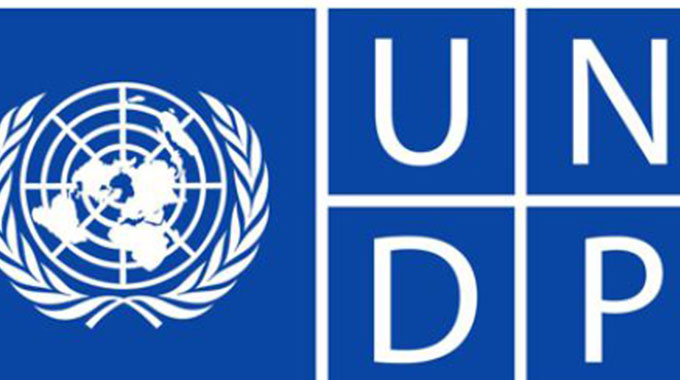Government, UNDP in three-year livestock programme

Thupeyo Muleya , Beitbridge Bureau
BEITBRIDGE is one of the districts hardest hit by drought in the country with farmers losing more than 5 000 head of cattle in the last season.
This has seen the Government and its partners rolling out a livestock production project to improve breeds and replenish those animals lost to drought.
According to the district agricultural extension officer, Mr Masauso Mawocha, a total of 500 farmers from the area are benefitting from a three-year Zimbabwe Resilience Programme which is funded by the United Nations Development Programme. It started in June 2018 and will wind up at the end of next month.
The PROGRESS consortium is implementing the initiative on behalf of the Government.
Mr Mawocha said livestock production is one of the major economic drivers in Beitbridge.
“We are rolling out an artificial insemination programme to improve the breeds and quality of livestock in Beitbridge.
“A total of 1197 cattle were artificially inseminated and so far, we had 326 calves for 2018 and 2019. We expect more calves for the 2020 batches next year,” said Mr Mawocha.
He said the programme’s thrust was to promote resilience through introducing bloodlines from beef breeds that are hard in terms of diseases and nutritional needs.
The focus, he said, was mainly on the Tuli, Boran and Brahman and a few Jersey, a dairy breed for farmers with access to irrigated fodder.
Mr Mawocha said they had, however, also included other breeds which are predominantly indigenous.
“Over 500 farmers (including the youths) around Beitbridge district have been sensitised on to take up the technology as a business post-programme life,” said the official.
He said they had also trained 14 farmers from all rural wards on breeding bull management and that these will receive either Tuli or Nkoni bulls.
Mr Mawocha said farmers were trained on bull nutrition, fertility, bull management during droughts, disease control, and prevention.
“We encourage the livestock farmers to practise good animal husbandry initiatives such as dehorning, castration, proper dosing, effective tick control, and proper livestock feeding regimes.
“They must also consider embracing the introduction of breeds which have weight such as Tuli, Boran, and Brahman though Brahman is susceptible to drought,” said Mr Mawocha.












Comments